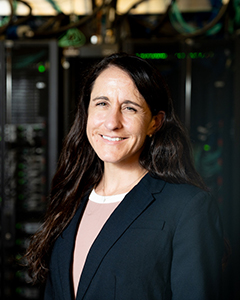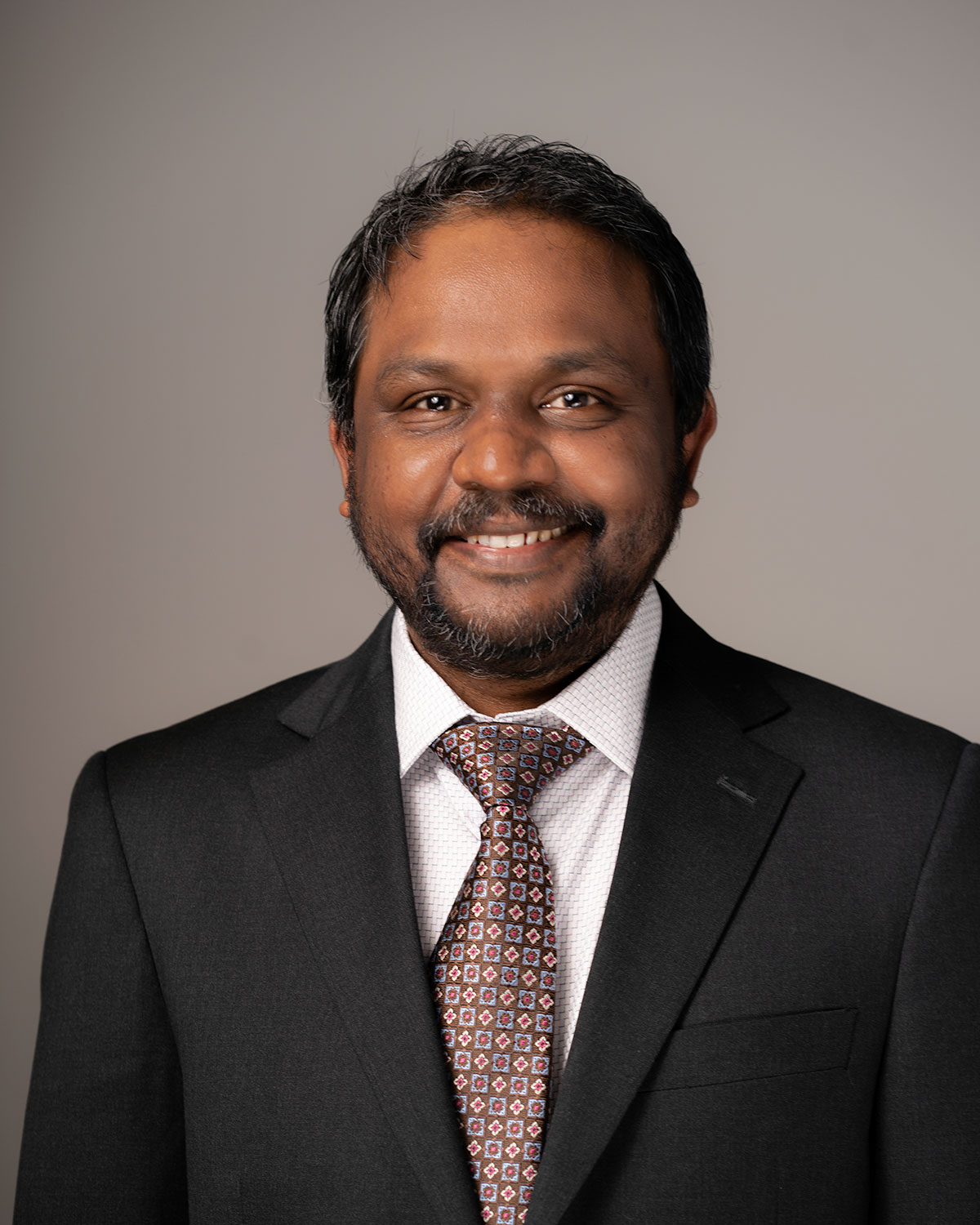Three Drexel Engineering faculty are the recipients of National Science Foundation Faculty Early Career Development grants (NSF-CAREER). These are NSF’s “most prestigious awards in support of early-career faculty who have the potential to serve as academic role models in research and education and to lead advances in the mission of their department or organization.”

Dr. Shannon Capps
Dr. Shannon Capps, assistant professor in the Department of Civil, Architectural and Environmental Engineering, has been awarded funding for “CAREER: Leveraging Complex Variables to Refine Estimates of Air Pollution Emissions and their Impacts under Uncertainty.” “I am very grateful for this opportunity to mentor graduate students whose work will aid policy makers in improving air quality and will help urban students and the public understand air pollution and its impacts,” shares Dr. Capps. This project seeks to identify which changes would reduce the most air pollution risk by developing a new computational approach, which will also be useful for improving estimates of air pollution risk through incorporation of satellite data. This technique holds great promise to provide results more rapidly, efficiently, and economically than existing techniques. Additionally, the public will be able to access these estimates through an interactive website at science museums and in urban classrooms.

Dr. Anup Das
Dr. Anup Das, assistant professor in the Department of Electrical and Computer Engineering, has received funding for “CAREER: Facilitating Dependable Neuromorphic Computing: Vision, Architecture, and Impact on Programmability.” This research aims to improve the reliability of neuromorphic computing, which is used to execute machine learning tasks in power and resource constrained environments. The project will develop error-resilient machine learning algorithms and architectures for fault-tolerant hardware. Tied into the research, robot workshops will be organized annually for Drexel’s Eureka! program for rising eighth-grade girls and Philadelphia’s high school students in STEM. The project will also recruit undergraduate and graduate students for research and outreach activities, with an emphasis on female and underrepresented minority students. Finally, neuromorphic research activities worldwide will be integrated through annually organized workshops and conferences. “How to tolerate machine learning errors and ensure their correct behavior in the event of hardware faults is a grand challenge that must be addressed by engineers, students, and professionals to advance machine learning technology,” states Dr. Das. “This is crucial to sustaining economic growth in many sectors within the U.S. science and engineering enterprise and is precisely what this CAREER will address.”

Dr. Joshua Snyder
Dr. Joshua Snyder, assistant professor in the Department of Chemical and Biological Engineering, has been awarded funding for “CAREER: Low-Dimensional Reactive Hydrides for the Efficient Electro-hydrogenation of Aromatic and Aliphatic Hydrocarbons.” Dr. Snyder’s project investigates electrochemical methods for the selective conversion of aliphatic and aromatic hydrocarbons into value-added chemicals and precursor materials. The efficiency of the electrochemical process, operating at low temperatures with potential controlled process selectivity, has the potential to dramatically reduce energy consumption by the chemical and petroleum industries. “Through this project, our group hopes to develop a better understanding of the role of interfacial electric fields in defining the activity and selectivity for electrochemical conversion of industrially relevant molecules derived from both biomass and petroleum sources,” says Dr. Snyder. “Replacing traditional thermochemical catalytic processes with an electrochemical reactor, sourcing hydrogen from water rather than fossil fuels, has the potential to significantly decrease the energy footprint of the chemical and petroleum industries.” Through a partnership with the Lindy Center at Drexel University, first-year engineering students will design lab modules to teach the principles of electrochemical energy storage and conversion to local middle and high school students through a Science Saturdays program.